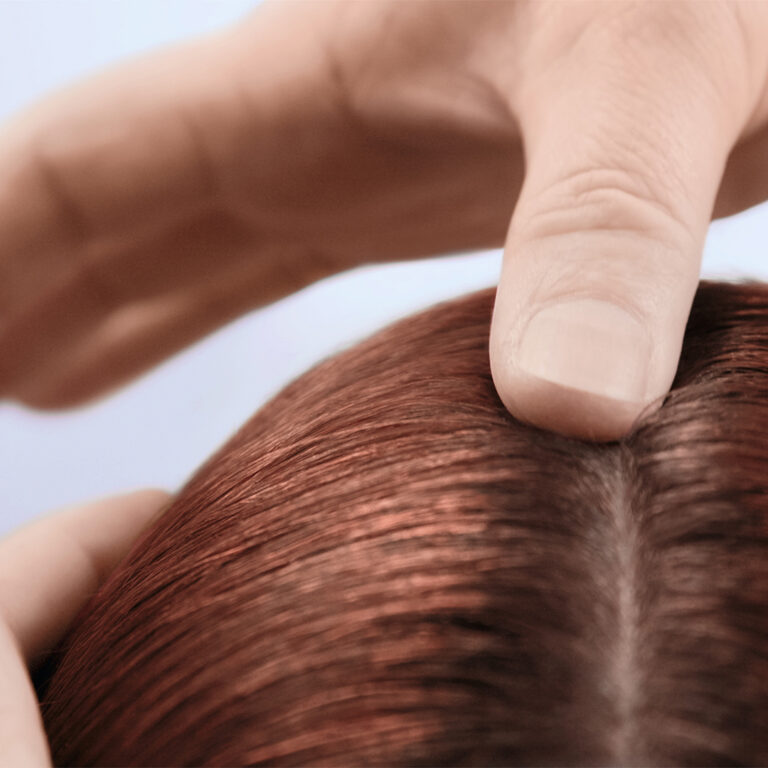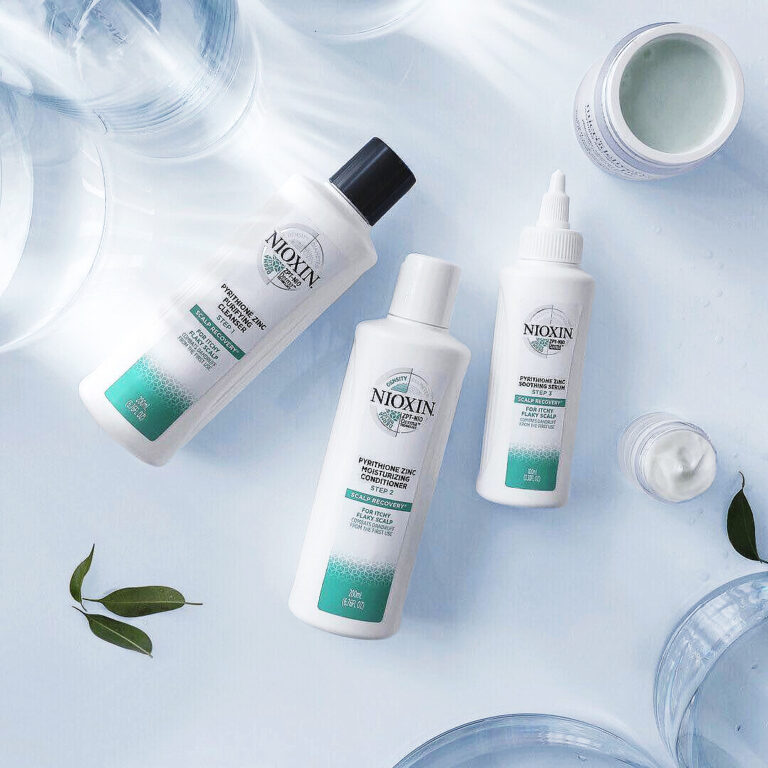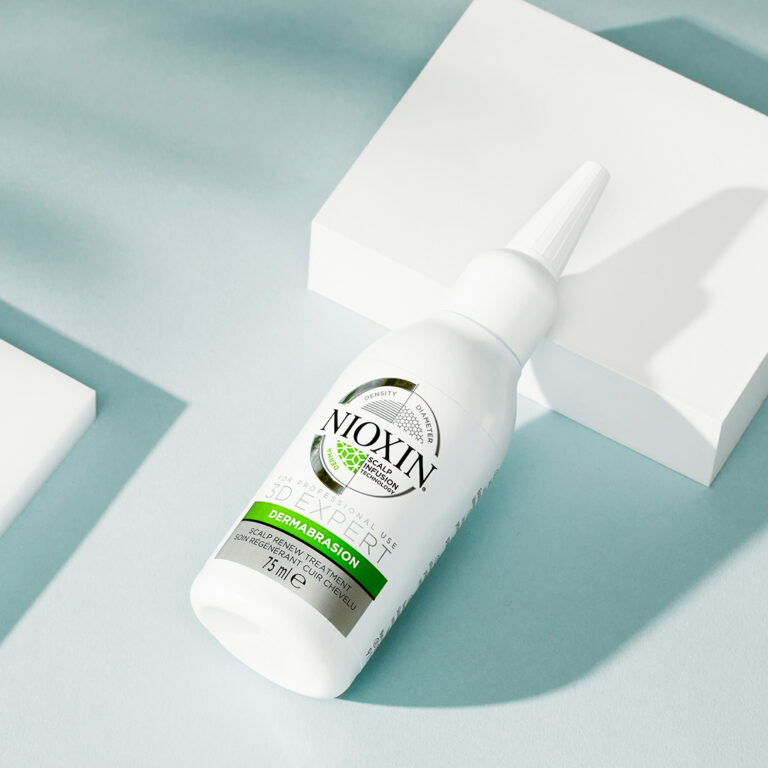How to treat a dry scalp?
A dry scalp can cause discomfort and flakiness. There are several ways to treat and prevent dry scalp:
-
Hydration: Make sure you’re drinking plenty of fluids throughout the day. Dehydration can lead to dry skin, including on your scalp.
-
Shampoo Less Often: If you’re shampooing daily, it could be stripping your scalp of its natural oils, which can cause dryness. Try shampooing every other day, or less frequently if possible.
-
Use a Humidifier: Dry air, often a problem in the winter, can lead to a dry scalp. Using a humidifier in your home can add moisture to the air and help alleviate a dry scalp.
-
Choose the Right Shampoo and Conditioner: Look for products designed to hydrate and soothe the scalp. Shampoos with ingredients like tea tree oil, salicylic acid, or zinc pyrithione can help treat dry scalp. Also, shampoos and conditioners that are free from harsh sulfates and parabens are gentler on the scalp.
-
Scalp Treatments: There are many over-the-counter treatments specifically designed for a dry scalp. These often contain ingredients like salicylic acid, coal tar, or tea tree oil.
-
Scalp Massage: Massaging your scalp for a few minutes each day can help increase blood flow to the scalp, which can help to hydrate it.
-
Natural Remedies: Some people find natural remedies like coconut oil, aloe vera, or apple cider vinegar helpful.
-
Avoid Heat Styling: Try to minimize the use of heat styling tools as they can dry out your scalp.
-
Eat a Balanced Diet: Your diet can affect your skin and scalp health. Ensure you’re getting plenty of vitamins A, C, and E, omega-3 fatty acids, and antioxidants.
-
Limit Hair Products: Some hair products can build up on your scalp and cause it to dry out. Try to limit your use of these products, and make sure you’re thoroughly rinsing out any products you do use.
If these strategies aren’t working, it’s best to consult with a dermatologist. Dry scalp can sometimes be a sign of underlying skin conditions like psoriasis or eczema, which may require prescription treatments.



